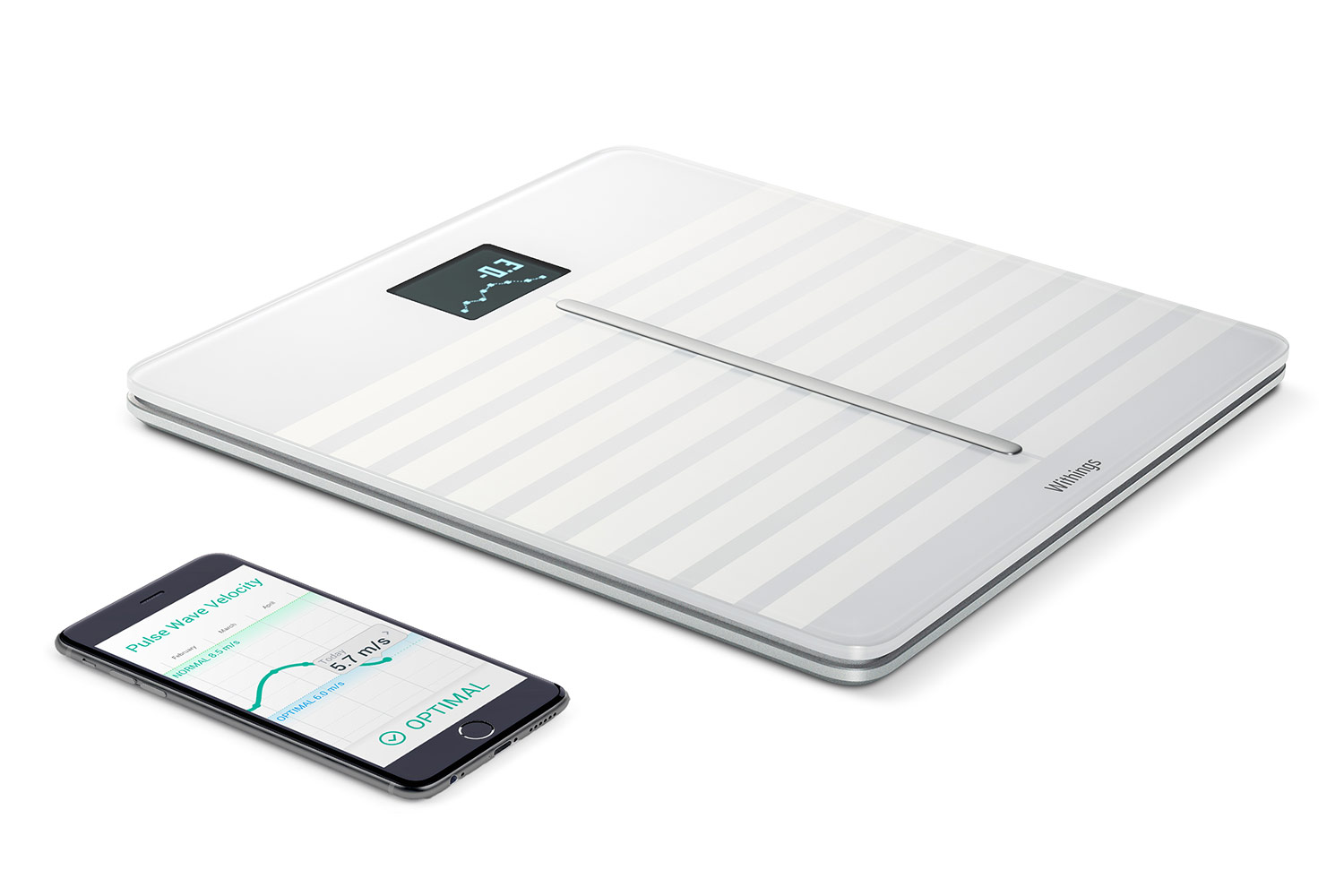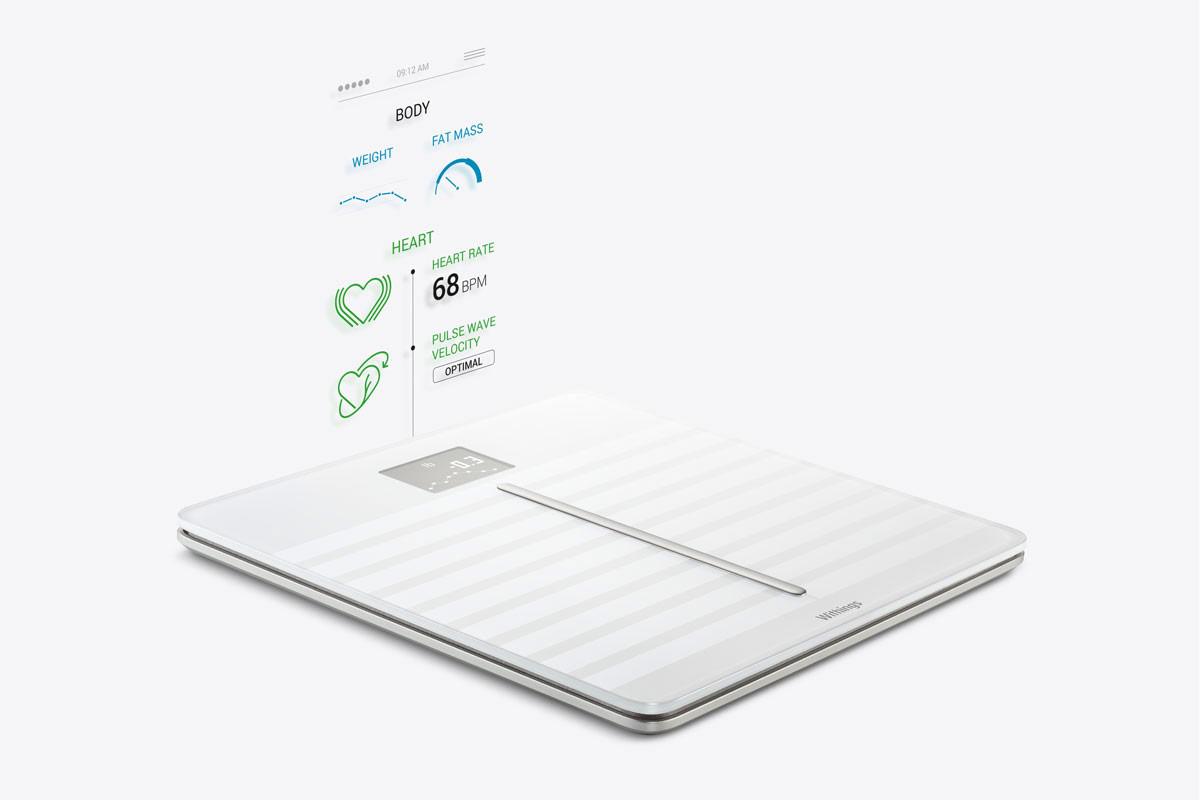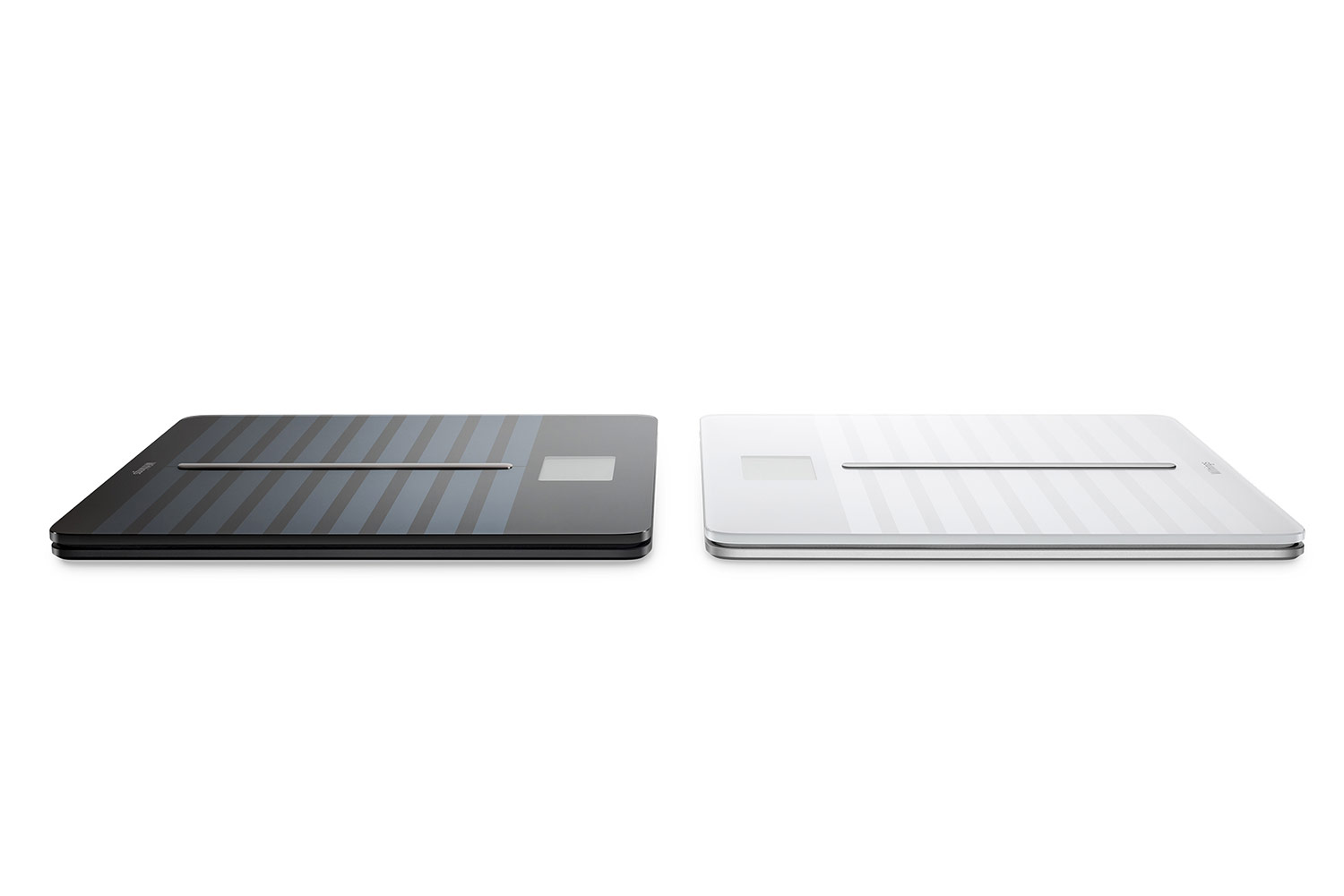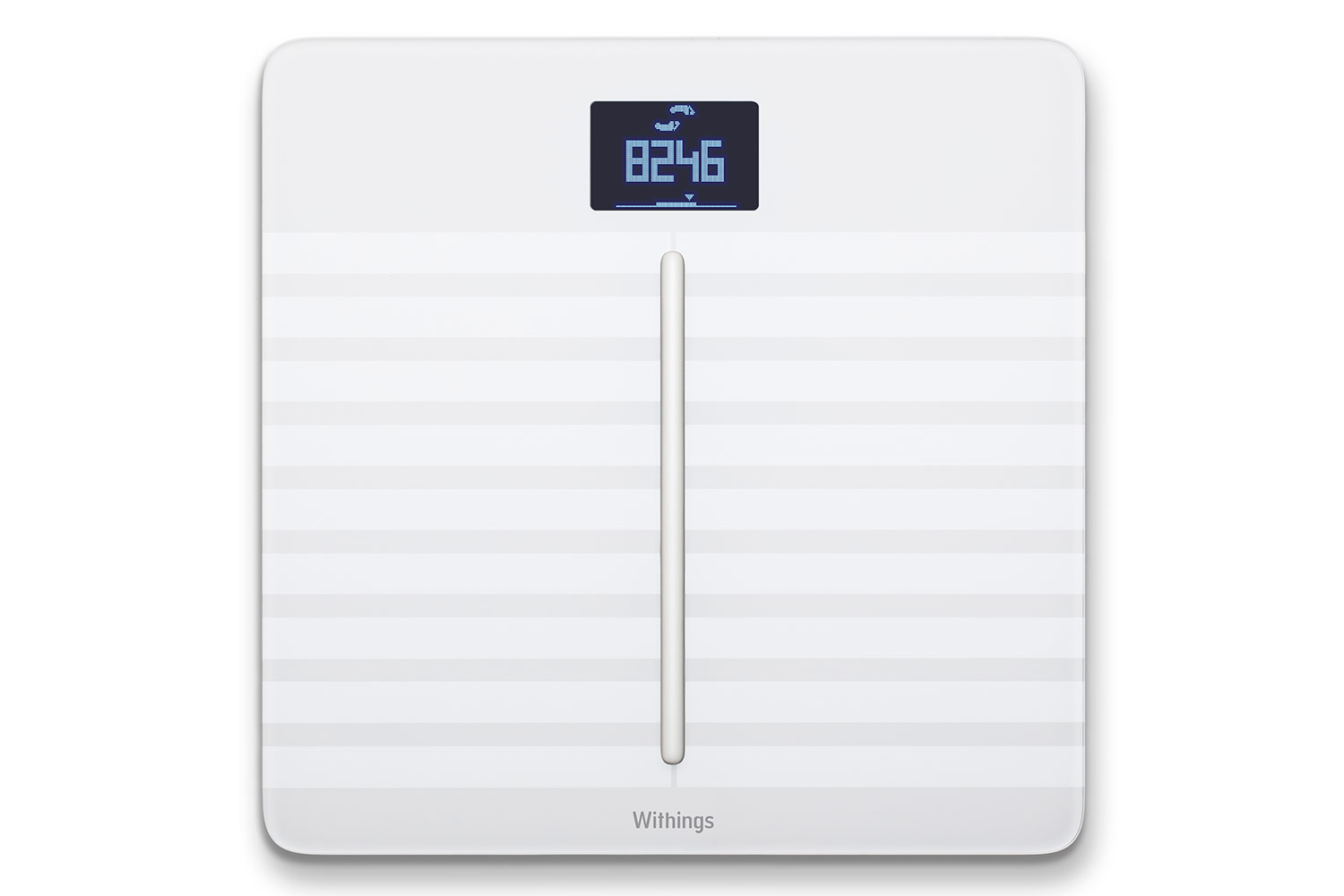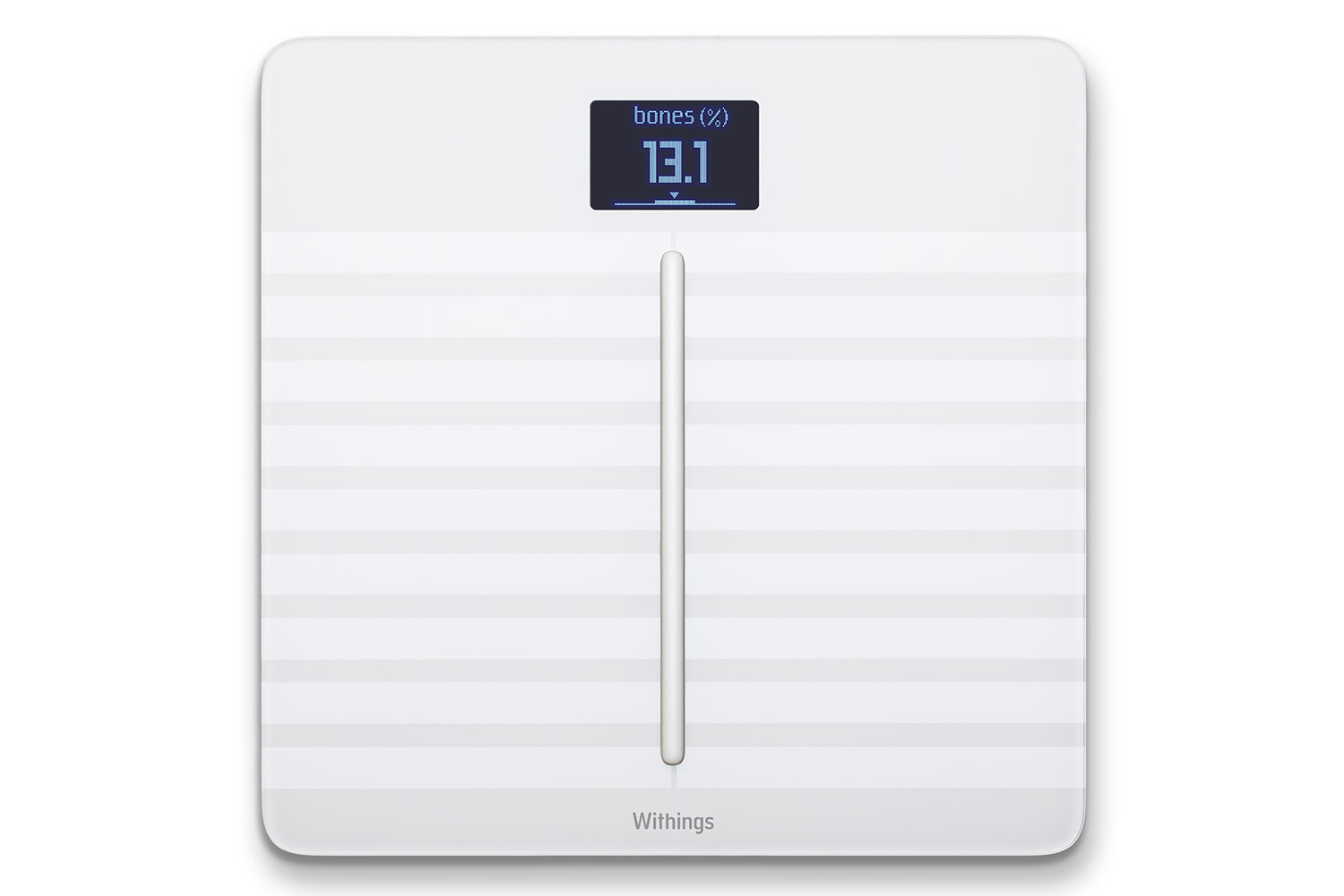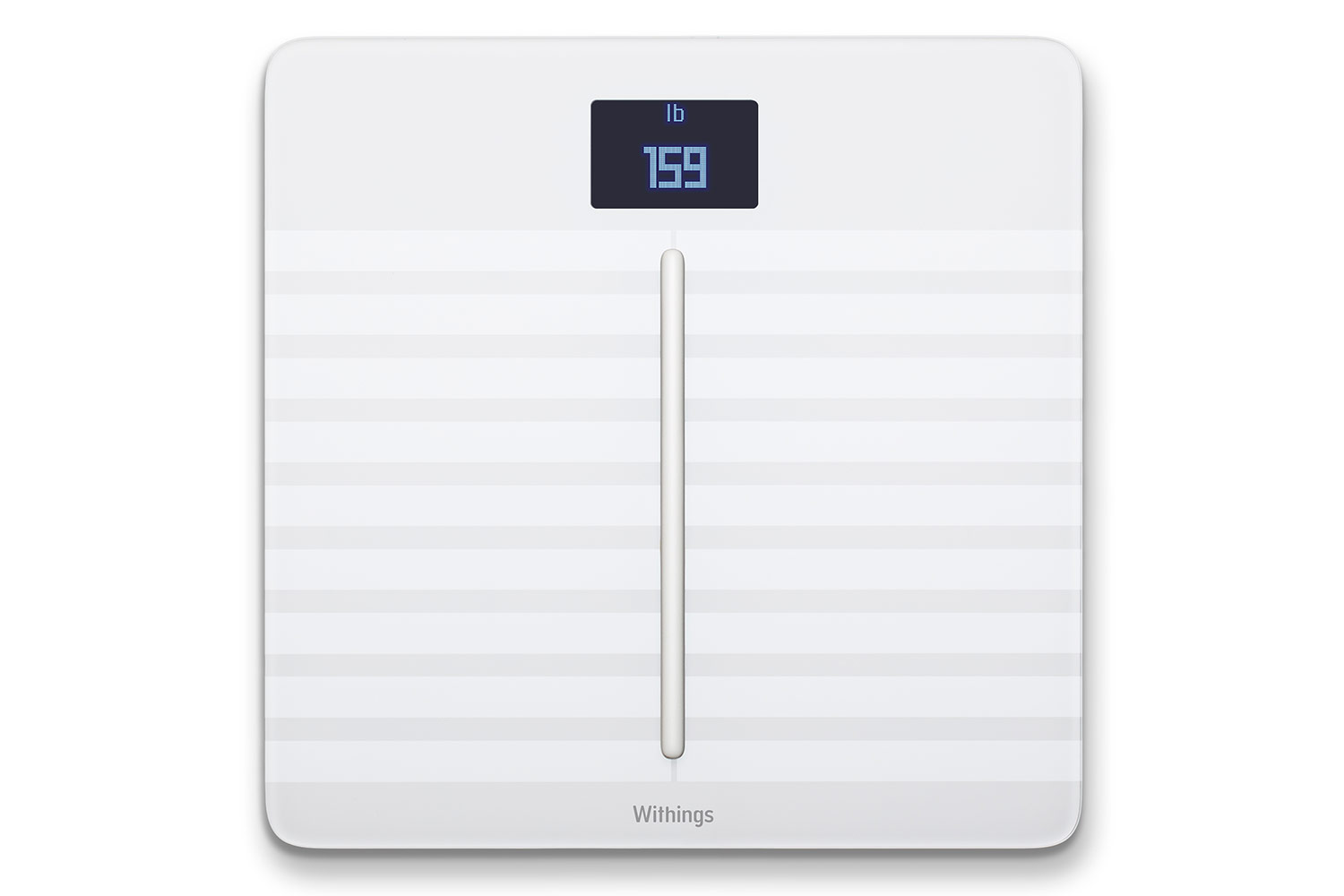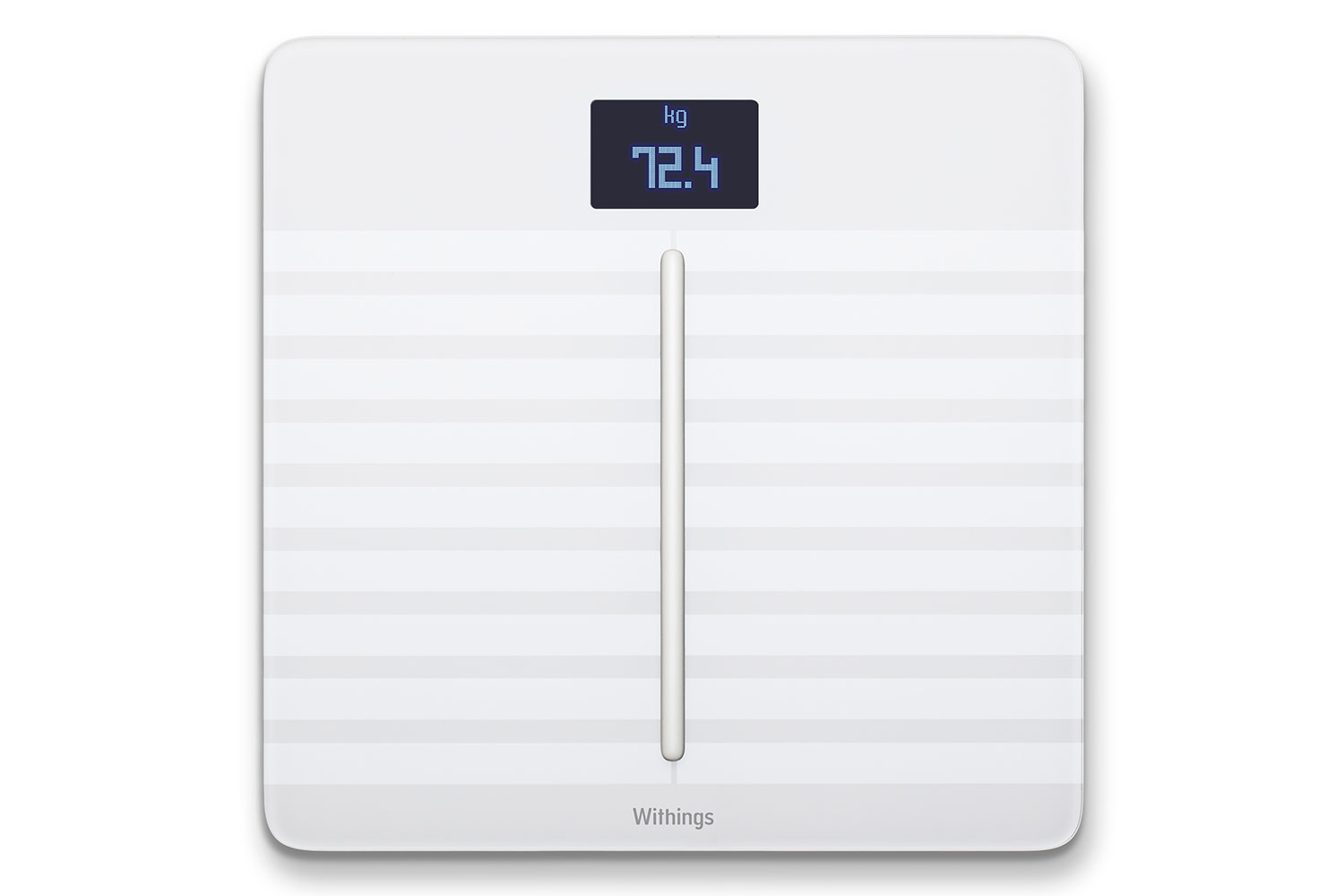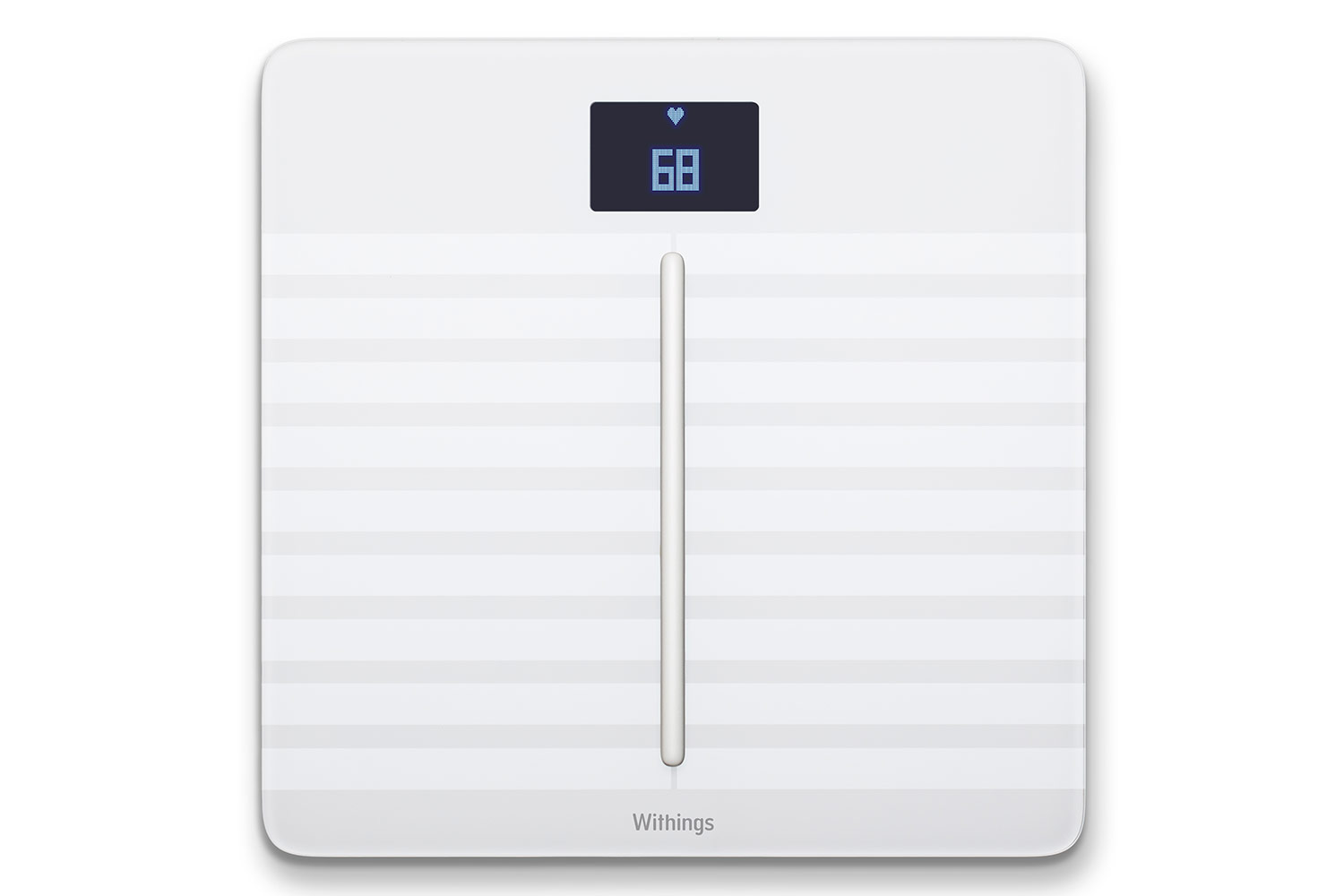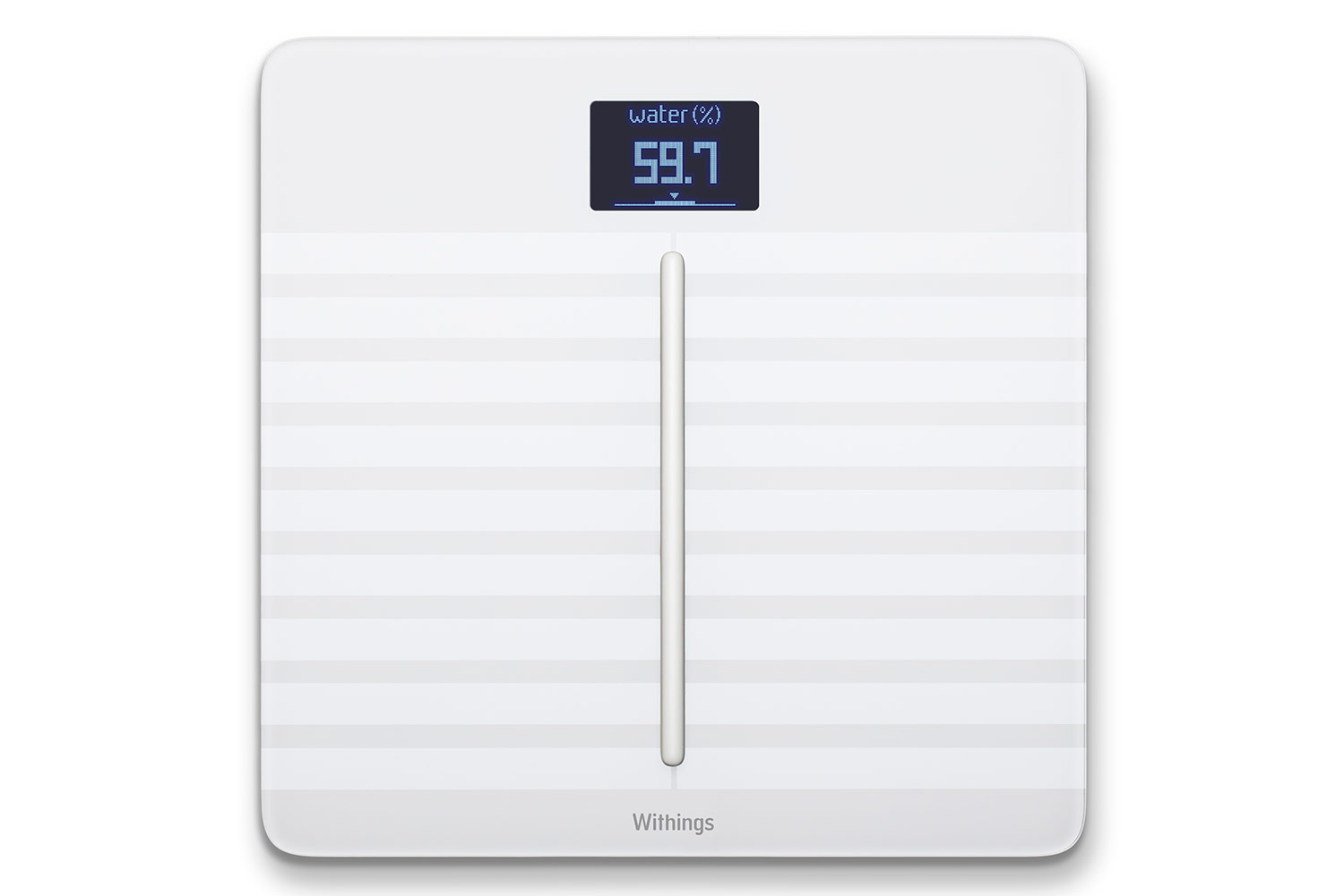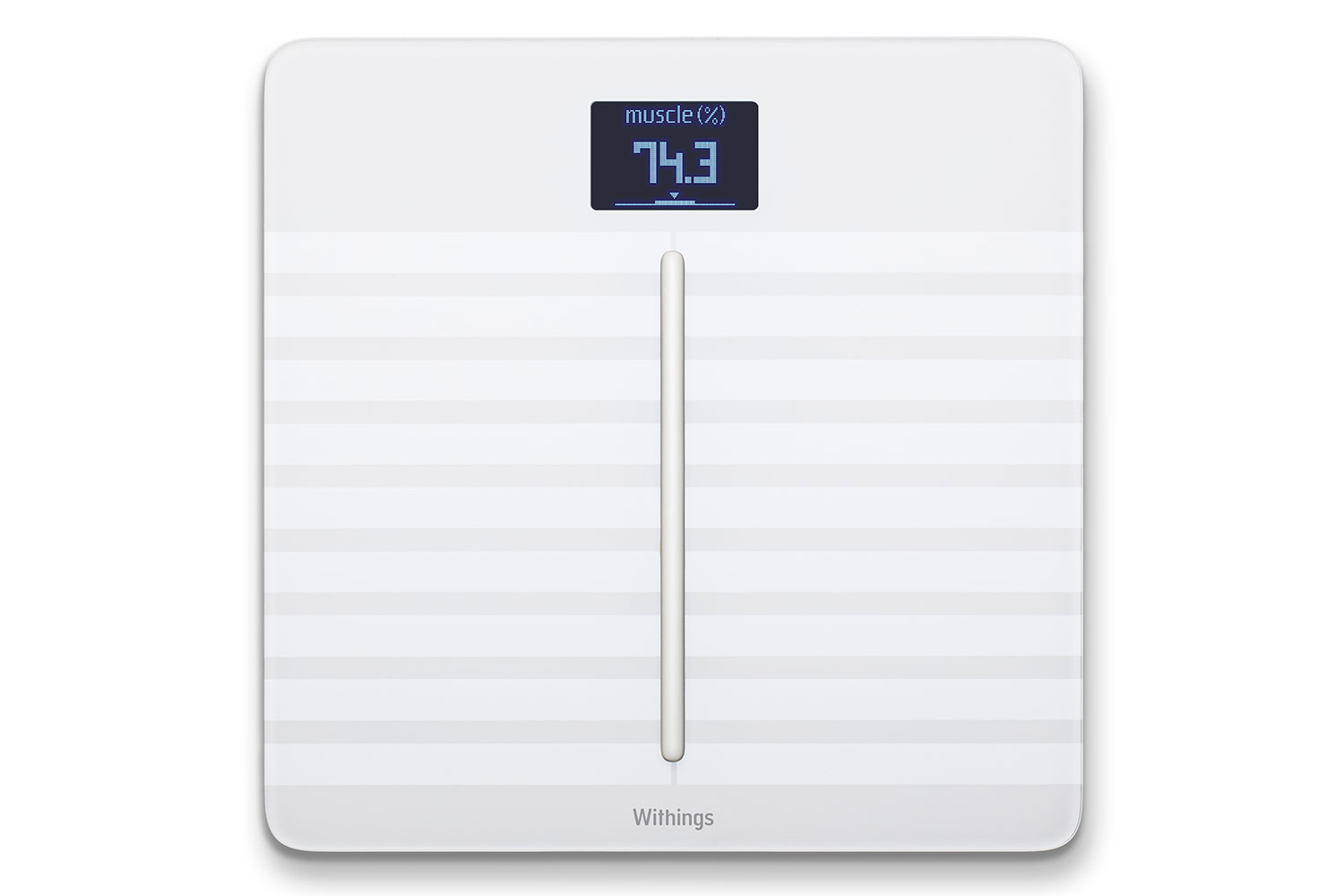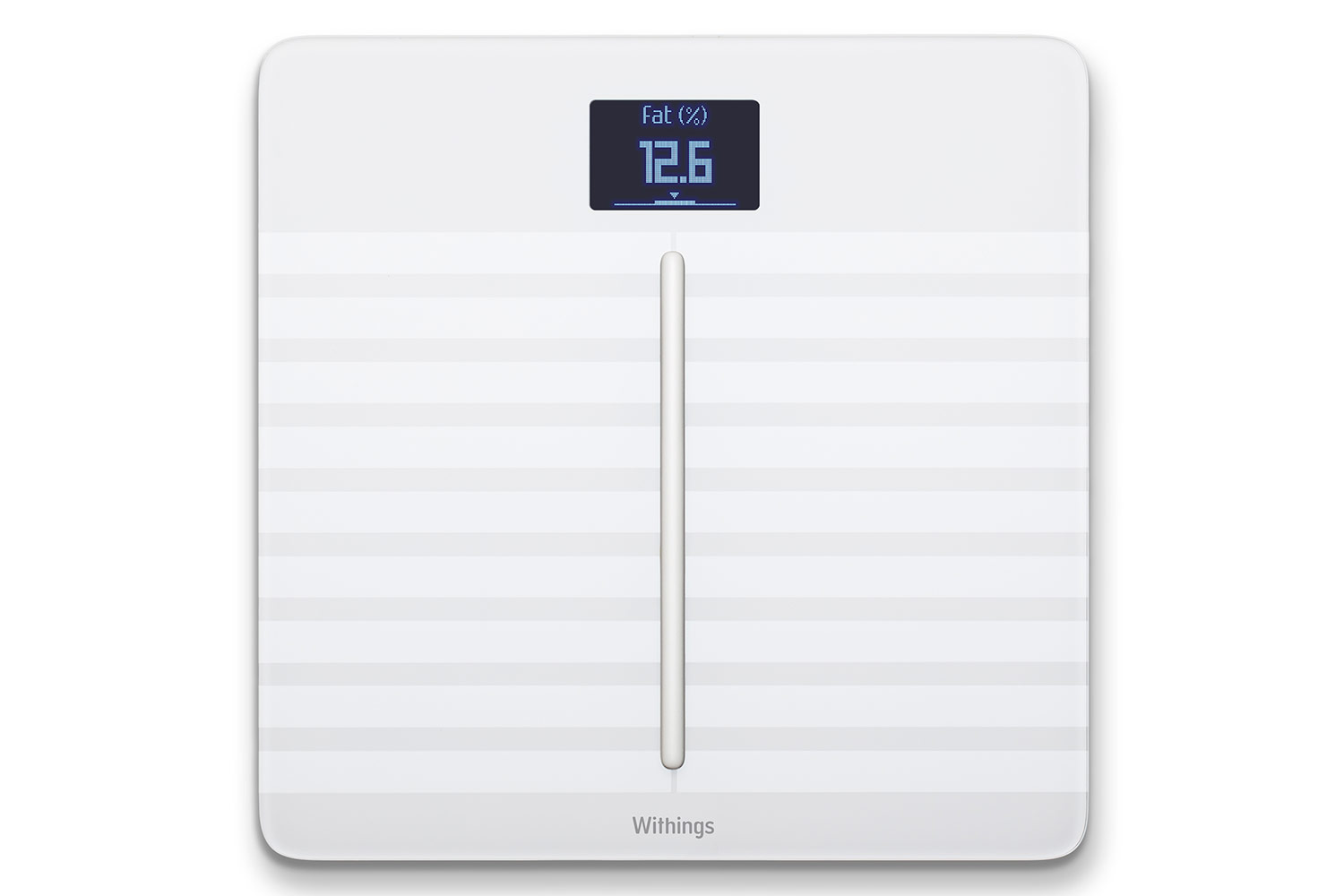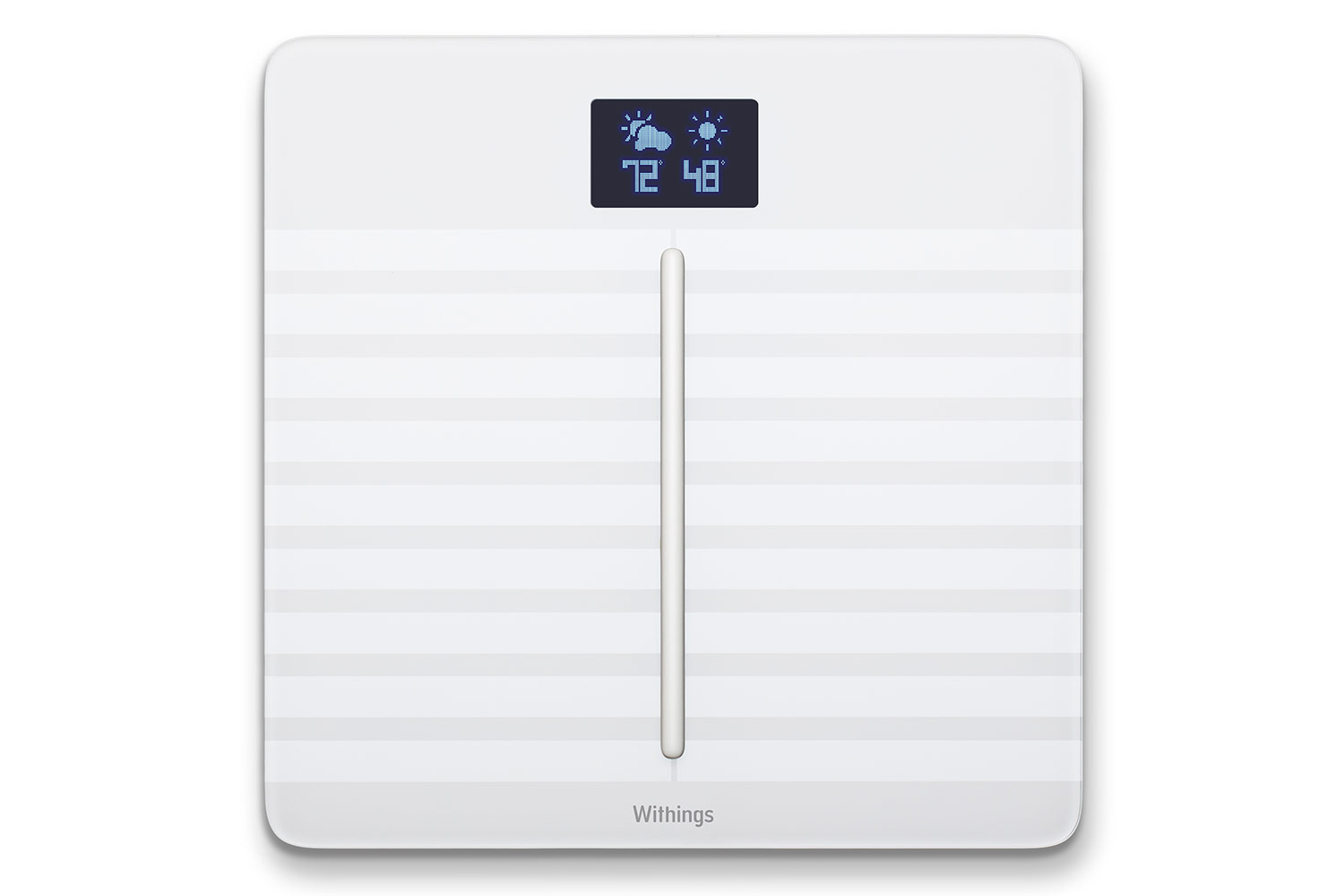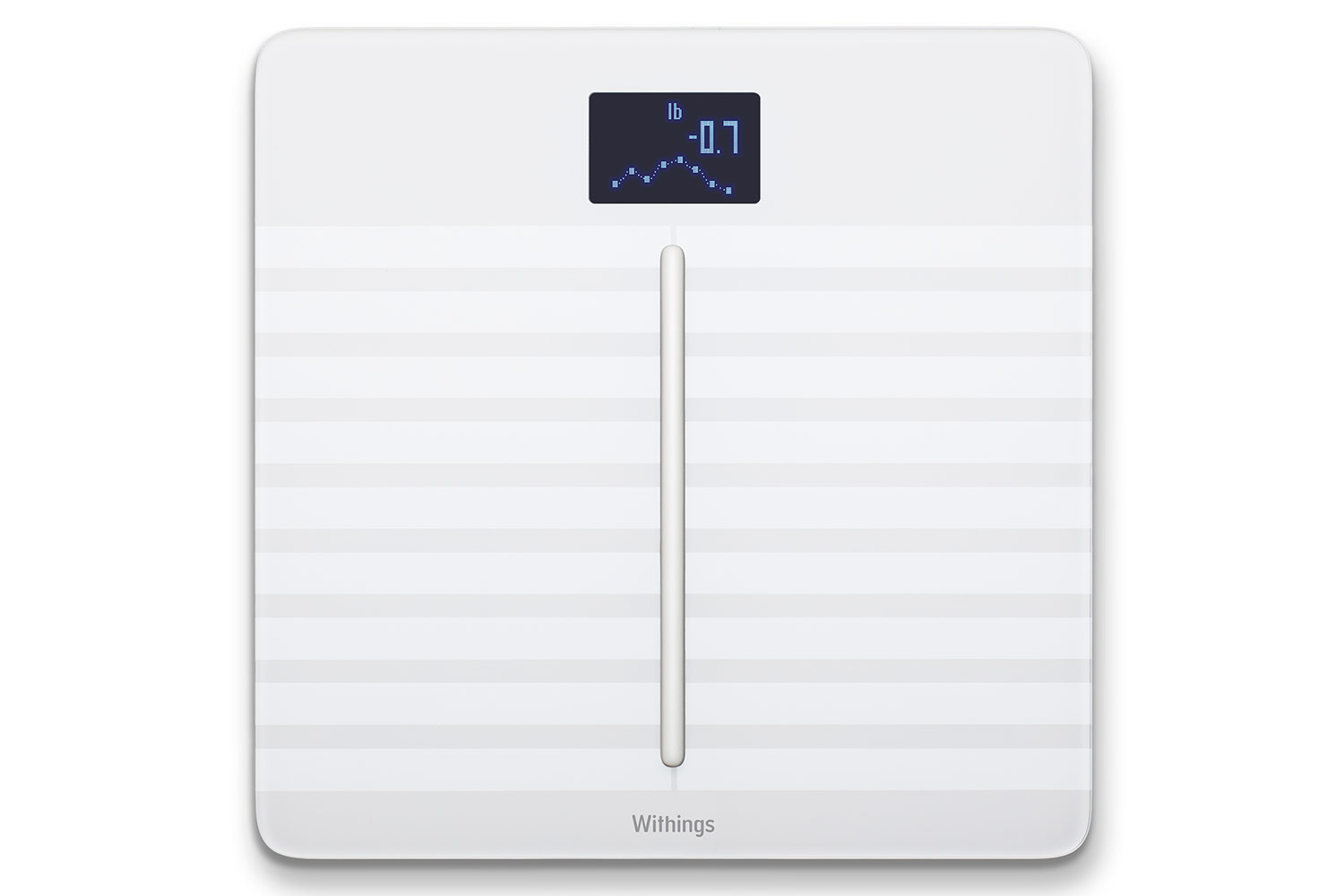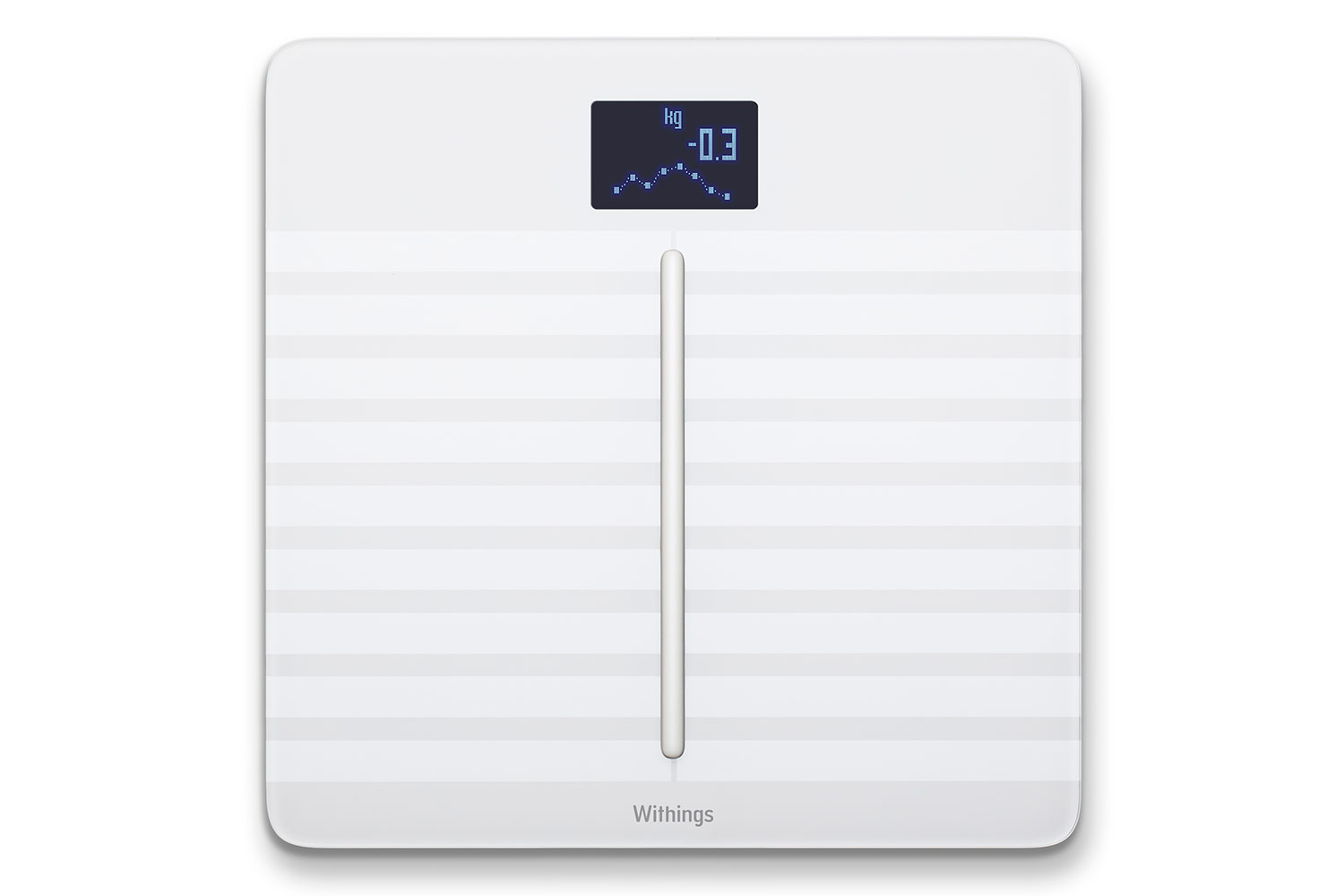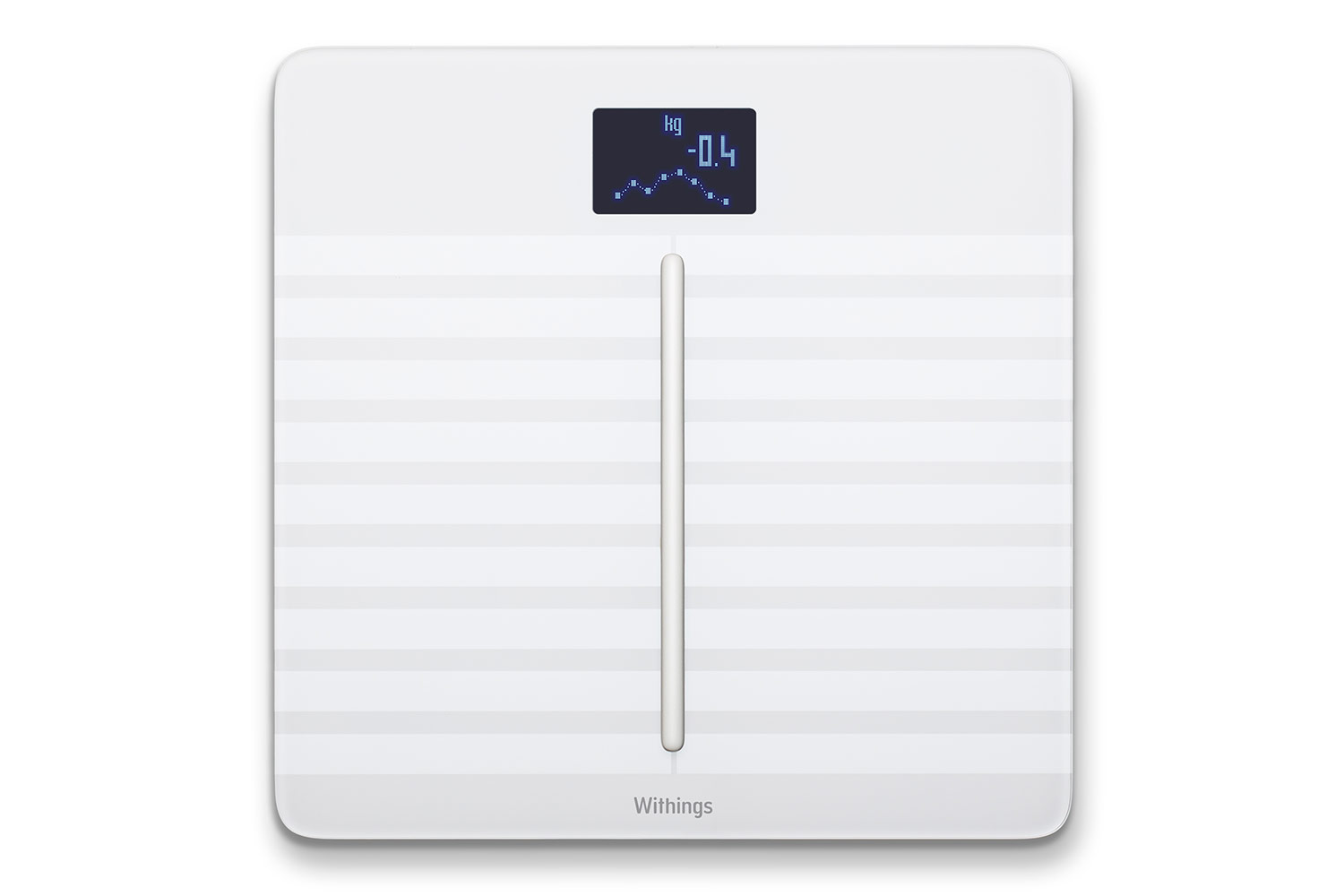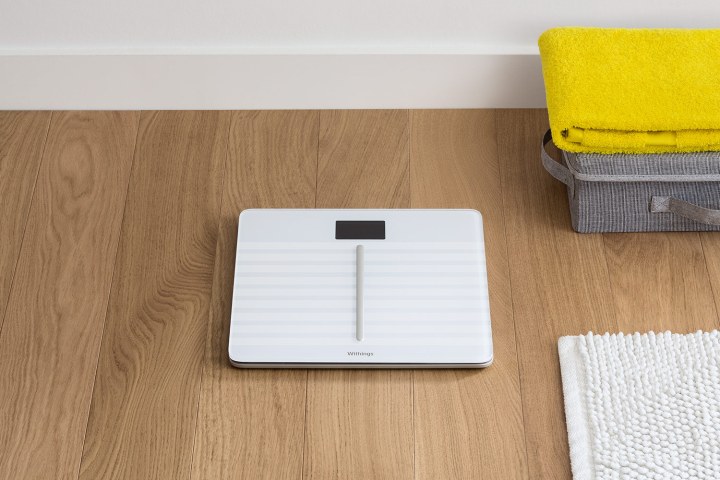
In addition to giving you your weight, BMI, body composition, and heart rate, the $180 Body Cardio also calculates PWV: “a measurement that is a key indicator of cardiac health and associated with hypertension and risks of cardiovascular incidents,” according to a press release. It’s a measurement of arterial stiffness, which “has been shown to predict coronary artery disease” in people with certain risk factors, according to the Journal of Human Hypertension. Doctors use a noninvasive method, applanation tonometry, to get this measurement, by placing a pressure sensor over the radial artery in the arm, according to the Mayo Clinic.
The Body Cardio, on the other hand, uses your age and the time it takes for blood to travel from the aorta to vessels in your feet to determine your PWV. It takes five weigh-ins to determine your baseline measurement, then every day when you step on the scale, it will give you a number between 4.0 and 9.0, or “optimal” and “not optimal.”
I got to test the scale out a bit. The 0.7-inch-thin base is covered in tempered glass and has faint gray lines to help you know where to place your heels. The LED display cycles through your weight, your fat mass, water percentage, the weather, and your heart rate when you step onto it. Standing as still as possible is imperative. First, your weight will bounce around between about 0.1 and 0.4 pounds for several seconds. If you never get steady enough, the display will just go dark. If it registers your weight, it can then show you the rest of your stats, unless you step off too soon. Even when I got all the way through the cycle, I had to weigh myself about 15 times just to get the required five baseline PWV measurements.
Withings stresses that any claims it makes about the scale aren’t regulated by the FDA, and while I’d like to believe my PWV, which at 5.9 is normal and hovering near the optimal side of the scale, is accurate, I’m not sure it is. For one thing, I found a few explanations of how the tests work when professionals perform it, and they let patients lie quietly for about 10 minutes before administering it (at least for journal studies). Also, because I was weighing myself a bunch of times in a row, I saw my heart rate readings rise and fall from 69 to 75 beats per minute during a five-minute period when I was simply weighing myself. Based on my own measurements, 70 was roughly correct.
Considering the Withings Smart Body Analyzer, which does the same body composition measurements, is $150, it seems you’re paying an extra $30 for the pulse wave velocity measurements. We’ve reached out to some cardiologists and will update this story with their take on the scale.
